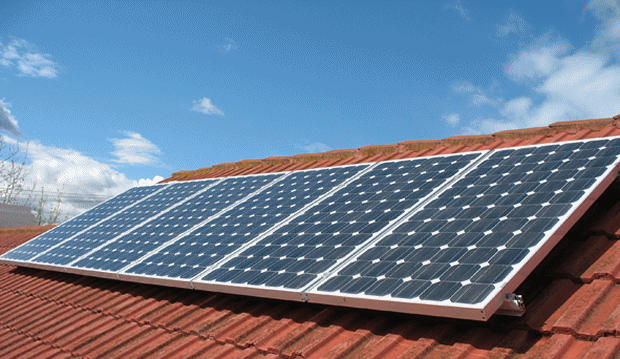The Future of Solar Panels in the Ghanaian Market
In recent years in Ghana, the issue of “Dumsor” has become a real menace to Ghanaian society. “Dumsor”, which translates to “off and on”, refers to the constant blackouts that plagued the country between the years of 2012 to 2015. The issue of blackouts had always been present in Ghana dating back to the Nkrumah era, however it became worse during the tenure of past presidents. With the onset of the persistent dumsor and the unreliant nature of the national grid, more people turned to another solution which was to use solar panels and other solar products in their households and their businesses.
Solar panels have always been around. There were a few Ghanaians who moved to solar usage in their homes even before “dumsor” became rampant in the country. They used their solar panels and the national grid simultaneously. However, more people have started to opt for the solar panels, which in recent times has become a savior to the darkness. It is not spectacular nowadays to see solar panels being installed in a house while construction works are still in progress. It used to be that people would install the solar panels when they had moved in to the home but now as people build their dream homes, they make plans for solar paneling to be added right away.
The Government is also seeking alternatives to the national grid as they frantically search for a way to solve the “Dumsor” Crisis. There is currently a National Rooftop Programme ongoing to subsidize solar panels for residential use. The programme works such that, you fill out a form that details your personal details and your electricity needs. The form is then submitted and the panels are provided to you. The government is however just supplying panels of up to 500Wp and not the whole system. Customers would have to bear the cost of invertors and the balance of system components themselves. This initiative by the government will help reduce the cost of solar panels as they are highly expensive. The government is also urging to remove the outrageous taxes on solar panels being imported into the country. This will change the game of how electricity is produced in the country and will be an alternative to relying on the national grid.
If the National Rooftop Programme is expanded, real estate companies can get in on the cake and start urging their clients to have solar paneling on their homes. More real estate companies would have to start building homes with solar paneling as an alternative to homes that rely on the national grid. A problem may arise due to the costs of the solar panel; Cost of houses may increase which may cause a slump in the real estate market.
It is however, worth taking note of this alternative to electricity, as after the initial grand purchase of the solar panels and accompanying equipment, it removes the burden of having to rely on the national grid and having to deal with its unreliability. If solar panels are made mainstream, “dumsor” can eventually be defeated.
